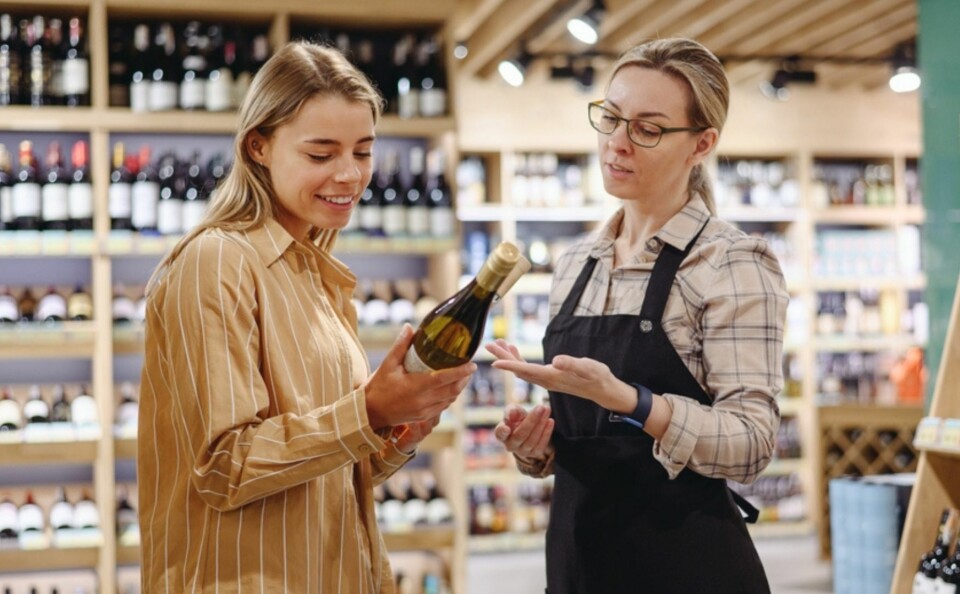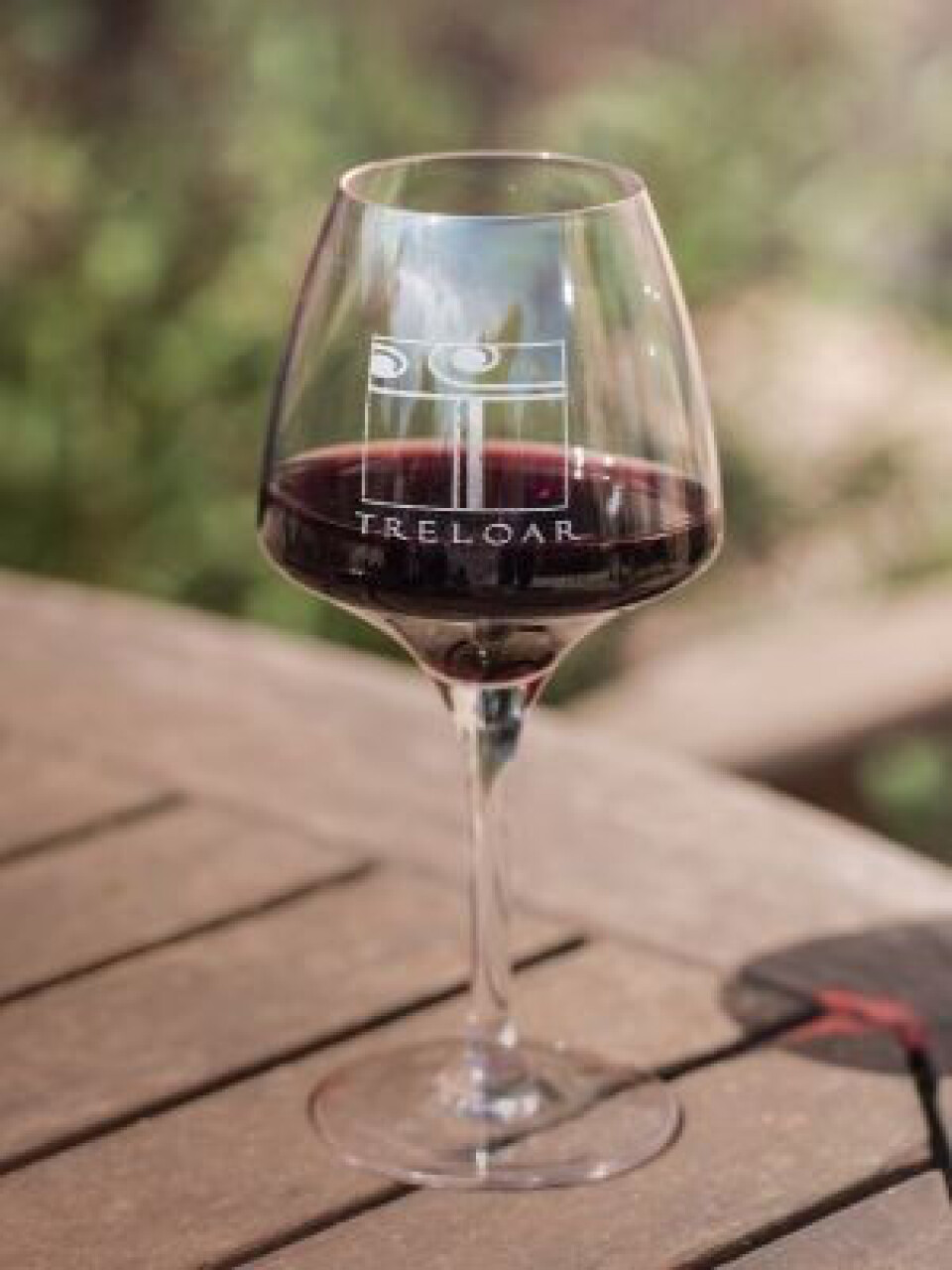-
This self-service wine vending machine has been approved for French roadsides
Innovative machines offer convenient wine access while adhering to alcohol laws
-
Understand the basics of French wine labelling
Why are French wines labelled as Bordeaux or Burgundies, and not Cabernet or Malbec? Jonathan Hesford explains
-
Know your cheeses and their seasons: which to eat in France in February
Cow’s milk cheeses dominate as winter comes to an end
Five tips for drinking better wine in France without spending more
Winemaker Jonathan Hesford explains how to maximise your enjoyment and budget

Many of us will have made a New Year’s resolution to cut down on how much alcohol we drink. A better one, in my humble opinion, is to drink less but better.
But what does drinking better wine really mean? It doesn’t have to mean spending more money, although that certainly helps at the lower end of the price range. There are not many good bottles for sale under €7.
Here are my five resolutions to help you drink wine better:
1. Get some proper wine glasses
A good wine glass will improve the enjoyment of most wines.
Far too often I see people pouring even quite expensive, high-quality wines into poorly designed glasses.
An ideal wine glass has a nice wide bowl to release the aromas and aerate the wine but tall enough and with a closed shape to prevent those aromas escaping.
Only fill your glasses to a maximum of one third as that will leave space to swirl and to hold the bouquet.

Photo: A well shaped wine glass can make all the difference; Credit: Jonathan Hesford
2. Choose wines to match your meal
Don’t get stuck in a rut with one style of wine or grape variety. France has hundreds of different appellations (AOP) as well as many interesting regional wines under the IGP labels, which allows innovative producers to try different grape varieties or uncommon blends.
Often regional dishes work very well with regional wines. It can be surprising how well less famous AOPs, especially lighter reds and crisp whites, taste when served with an appropriate dish.
It’s useful to have a small store of wine in the house, even if you are not a connoisseur or frequent consumer.
Having a decent range of different red and white wine on hand makes it easier to find a good match rather than trying to buy a bottle at the last minute.
Read more: French wine appellations AOP and IGP - what is the point?
3. Try to choose estate-produced wines
Look at the top of the capsule. If it says ‘Recoltant’ or has the letter ‘R’, that means it is a wine produced by a grower. The letters ‘N’ or ‘E’ mean that the wine has been produced and bottled by a négociant who has bought the grapes, or wine, from someone else and often from many different sources.
Estate-produced wines are not necessarily better than those made by négociants but they are usually more interesting and unique.
While some négociants, notably those in the Rhone valley such as Guigal and Chapoutier, make very good wines, in other regions the négociants focus on trying to create big-selling brands or shifting low quality wines from well-known AOPs.
In the Languedoc-Roussillon, there are thousands of high-quality independent estates and the quality difference between their wines and those of the négociants can be quite dramatic.
It’s worth noting that Caves coopératives are also classed as Récoltants but in their case they generally blend the wines from all of their member growers and can suffer from having to make wine from all the grapes they receive.
Read more: What does a winemaker in France actually do all day?
4. Drink wine which has had chance to mature
Nearly all red wines and many whites do improve with a few years in the bottle.
You don’t need an encyclopaedic knowledge of vintage ratings and ageing potentials. My rule of thumb is six years for red wines and two to three for dry whites.
You don’t need a perfect underground cellar or dedicated wine-fridge to age wine. Just somewhere dark where the temperature doesn’t fluctuate throughout the day, unlike the kitchen.
Ageing red wines generally smoothes their tannins and gives them more beautiful aromas.
Although some red wine appellations do focus on making red wines for early-drinking, such as Beaujolais and Saumur, most of the better-known ones became famous because of their ageing potential.
Drinking Saint-Emilion, Médoc or Cahors when they are only two or three years old is ‘wine infanticide’.
On the flip side, don’t keep an expensive bottle of wine for a special occasion that probably won’t coincide with the wine being at its peak. Better to make a special occasion for serving such a wine.
Read more: Expert advice on collecting and ageing French wine
5. Buy wine from a specialist outlet
Don’t rely on your local supermarket owner to have good taste in wine. Most of them don’t.
Supermarkets like wines which are heavily advertised and can be ordered from large wholesalers.
Most cavistes (independent wine stockists) will have tasted and selected all the wines they sell and will probably have met the producer.
They will also be able to advise you about when to drink a particular bottle and what food to serve with it.
Don’t assume that cavistes only sell expensive wines. If you live in a wine region, go and visit your local producers. They will be only too happy to tell you about their wines and let you taste before you buy. You will be surprised how many really good producers don’t sell to supermarkets or do much advertising.
Also look out for wine fairs. Most wine regions will stage several public tastings during the year and organisations like Vignerons Indépendants arrange salons in larger towns in the north of France, where producers come from all over the country to present and sell their wines. This is a great opportunity to stock up for the future.
Related articles
‘British drinking habits come as a shock now we live in France’
French government petitioned to support Dry January
Prosecco gains ground as Champagne sales drop by 20% in France
























